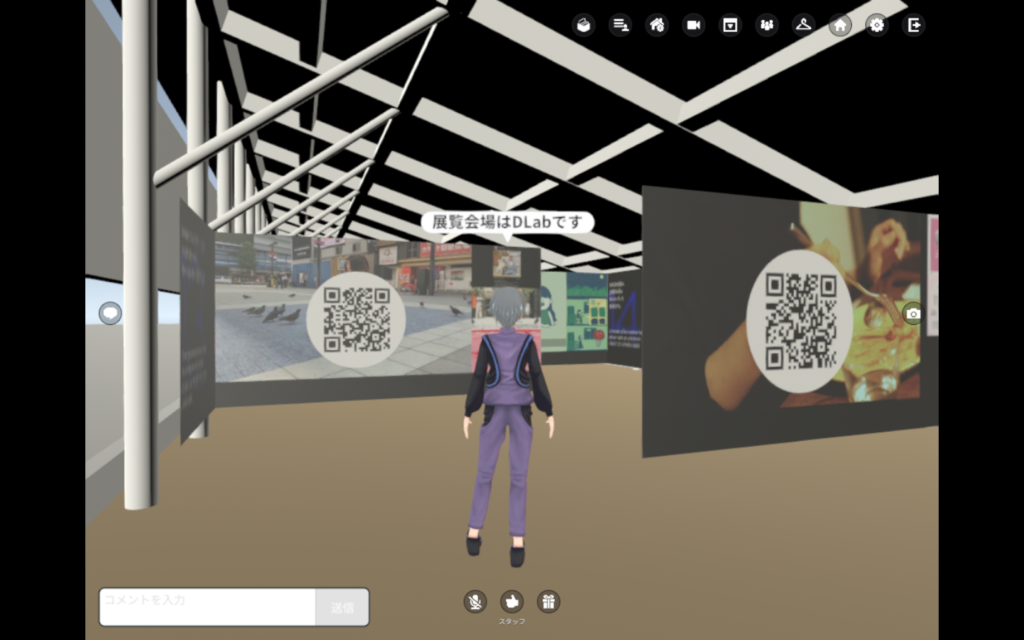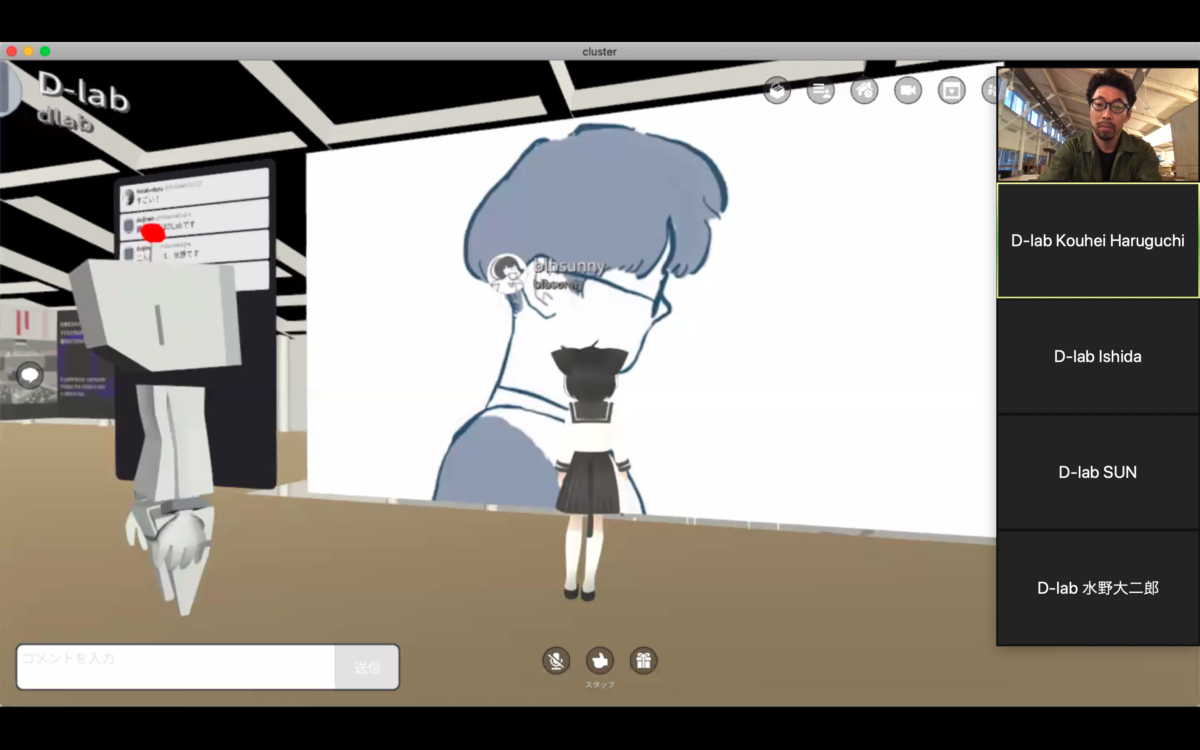Online Workshop on Designing the Future After the Coronavirus "(Re)generating Japan - speculating a new “new normal” after COVID-19”
Many projects that were initially planned at the KYOTO Design Lab of Kyoto Institute of Technology were canceled or postponed due to the coronavirus. As part of its efforts to develop new ways of collaboration through remote workshops and lectures, an online workshop project, “(Re)generating Japan – speculating a new “new normal” after COVID-19” (https://www.d-lab.kit.ac.jp/news/2020/regenerating-japan/) was conducted.
This project is an experiment in which the university, as a testing ground for society, seeks new models of education and practice, and new areas of activity. Using the “new lifestyle” proposed by the Ministry of Health, Labor and Welfare as a starting point, we invited participants of all nationalities and fields of expertise to participate in this project. The project aims to create a place where diverse young researchers and designers who will lead the next generation can think about and discuss “after next”.
There were just under 200 applicants from all over the world, and the participants of about 130 people in 51 teams from 20 universities in Japan ranging from the Kanto and Kansai regions to Kyushu and Okinawa, and from three universities overseas in the US and UK were accepted. At the beginning of the workshop in early July, the participants were presented with a variety of materials to help them think about the new world after 2020. The materials included the New Kyoto School, which was working on a similar project in the 1960s and 1970s, as well as contemporary design studies, science fiction films, and a variety of articles dealing with future predictions and the latest world affairs. From then until the end of September, the three-month workshop was run entirely online, with each team working individually and in groups to receive advice from mentors and guests, as well as to teach and learn from each other through discussions among the participants. The final outcomes were presented in a limited-time public online exhibition and presentation of the selected excellent works.
In the end, nearly 30 groups submitted works using a variety of media that reflected the diverse backgrounds of the participants, including virtual spaces, animation, puppets, and videos using Sylvanian Families and Rika-chan dolls. Some of the works were thought-provoking, such as a PR video for a digital agency that seemed to anticipate the real world, resistance to a controlled society, and the lifestyles of hackers, etc.
This workshop was a project that took full advantage of the merits of online, allowing both participants and guests to participate beyond the limitations of location and time in the entire process from recruitment to announcement of results. The knowledge gained through this project will be utilized in future online interdisciplinary workshops.

Online exhibition 1

Online exhibition 2
2021.7.2

 Return to List
Return to List